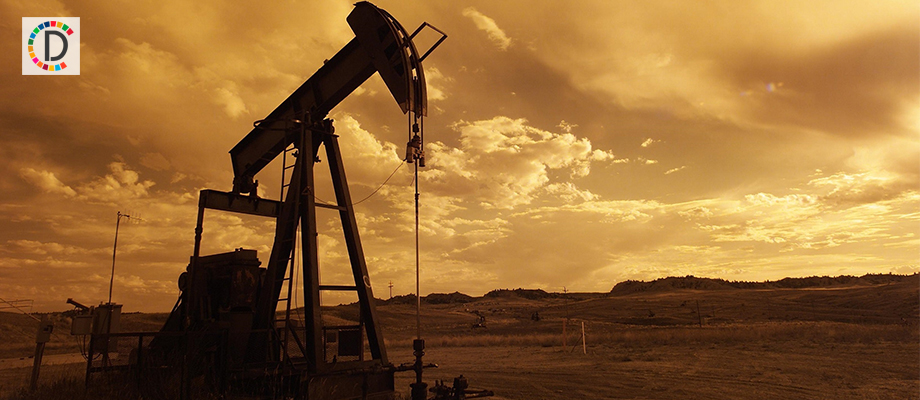JERA Eyes Global Investments Amid Australian Financial Support Concerns
Japan's leading power generator JERA has signaled potential fuel purchases and investments in various regions, including Asia and the U.S., should Australia fail to provide adequate financial support for carbon capture and storage (CCS) and other energy initiatives. Australian LNG projects are at risk as JERA plans global diversification.

Japan's top power generator JERA warned on Thursday it could consider fuel purchases and investments in Asia, the Middle East and the United States if Australia does not provide sufficient financial support.
Australia now accounts for about 40% of all energy imports by Japan, which has doubled down on investments there after a fallout with key supplier Russia over the Ukraine war. JERA, an unlisted company jointly owned by Tokyo Electric Power and Chubu Electric Power, agreed to buy a stake of 15.1% in Woodside Energy's Scarborough project, as it races to secure long-term LNG supplies.
However, federal budgetary support for carbon capture and storage (CCS) is "very small" and "disappointing," Gaku Takagi, the company's chief executive in Australia, said on Thursday. It was very difficult to produce price competitive LNG without state support for CCS, he added.
"JERA is now investing in five Australian LNG projects, and some projects require CCS," Takagi told the Australian Energy Producers Conference. With the highest per capita emissions of any major economy outside the Middle East, Australian has faced criticism from environmentalists for its commitment to natural gas drilling to meet demand from key partners including Japan, despite a pledge to hasten decarbonisation.
"If Australia provides low-cost CCS projects, JERA will be happy to do such CCS," he said, adding that if that did not happen, other countries, such as Malaysia and Indonesia, could prove competitive. Takagi added that the government's lack of financial support for production of hydrogen and ammonia, and favourable U.S. policies, such as the Inflation Reduction Act, take some of the shine off Australia as a destination for investment from Japan.
JERA, one of Japan's biggest polluters, plans to phase out inefficient coal-fired power plants by fiscal 2030 and convert all other coal-fired power generation to ammonia by the 2040s to eliminate coal completely. "If the Australian government will not give much more financial support to hydrogen and ammonia in Australia, we need to purchase hydrogen and ammonia from other places, such as the United States and the Middle East," he said.
Last week JERA unveiled plans to invest 5 trillion yen ($32 billion) by 2035 to maintain current annual LNG procurement of more than 35 million tons, and boost annual purchases of hydrogen and ammonia to 7 million tons, from none now. The utility also plans to use the funds to increase its renewable energy capacity to 20 gigawatts (GW), from 5 GW now.
"As an LNG buyer, between Japan and Australia, this partnership we created is very stable," Takagi said. "But if the Australian government does not support the LNG industry in Australia, and the LNG price is higher than expected, we need to change the energy source to other countries." (Writing by Sudarshan Varadhan; Editing by Clarence Fernandez)
(This story has not been edited by Devdiscourse staff and is auto-generated from a syndicated feed.)
- READ MORE ON:
- JERA
- Japan
- LNG
- Australia
- energy
- investment
- carbon capture
- hydrogen
- ammonia
- support
ALSO READ
Maharashtra FDA to Ban High-Caffeine Energy Drinks Near Schools
Congress Calls for Action on Sluggish Investment and Consumption in Upcoming Budget
JPMorgan Chase Posts Robust Q2 Profits Boosted by Investment Banking Fees
Online Investment Scam: Jodhpur Alumnus Arrested
Essar Energy Transition to Launch Europe's First Hydrogen-Ready CHP Plant










